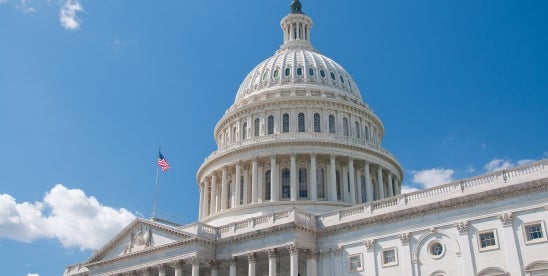GENIUS Act Passes Senate: Why Traditional Media & Finance Are Feeling the Heat

The US Senate recently passed the GENIUS Act, a landmark piece of legislation aiming to establish a federal framework for regulating stablecoins. While lauded by many in the digital asset space as a crucial step towards clarity and mainstream adoption, the Act is facing a wave of criticism – and not just from unexpected corners. Legacy media outlets and significant players within the traditional fintech industry are voicing concerns, and the reasons behind their resistance are starting to become clear.
What is the GENIUS Act and Why Does it Matter?
The GENIUS Act (Government Entity for Stablecoins Act) seeks to define stablecoins as bank deposits, subject to existing banking regulations and oversight. This means stablecoin issuers would need to obtain a federal banking charter and adhere to stringent capital requirements, consumer protection rules, and anti-money laundering (AML) protocols. Proponents argue this will build trust in stablecoins, reduce systemic risk, and foster innovation within the burgeoning digital asset market.
The Resistance: Legacy Media's Perspective
The skepticism from some legacy media outlets stems from a perceived threat to their established business models. Stablecoins, and the broader cryptocurrency ecosystem, offer alternative financial services that bypass traditional banking institutions. This could potentially erode the influence and revenue streams of established media companies that rely on advertising from these institutions. Furthermore, their reporting often reflects a cautious, sometimes even negative, bias towards cryptocurrencies, and the GENIUS Act's potential for growth in the space challenges that narrative.
Fintech Industry Concerns: A Tale of Two Systems
Within the fintech industry, the reaction is more nuanced. Some established fintech companies, particularly those already operating under existing regulatory frameworks, see the GENIUS Act as leveling the playing field. However, others, especially those who have thrived on a more 'light-touch' regulatory environment, fear the increased compliance burden and the potential for stifled innovation. They argue that subjecting stablecoins to traditional banking regulations is overly restrictive and doesn't account for the unique characteristics of digital assets. The need for a federal banking charter, in particular, is a significant barrier for many smaller stablecoin issuers.
The Bigger Picture: A Shift in Financial Power
Ultimately, the resistance to the GENIUS Act points to a larger trend: a shift in financial power away from traditional gatekeepers and towards a more decentralized, digital future. Legacy media and established fintech companies are accustomed to controlling the narrative and influencing policy. The rise of stablecoins and the broader crypto market challenges this control, and the GENIUS Act, while aiming for stability and regulation, represents a significant step in that direction.
What's Next?
The GENIUS Act now moves to the House of Representatives, where it faces further debate and potential amendments. The outcome remains uncertain, but one thing is clear: the battle over the future of stablecoins – and the broader digital asset ecosystem – is far from over. The discussions surrounding this Act are crucial for shaping the regulatory landscape and determining how digital assets will integrate into the global financial system.






